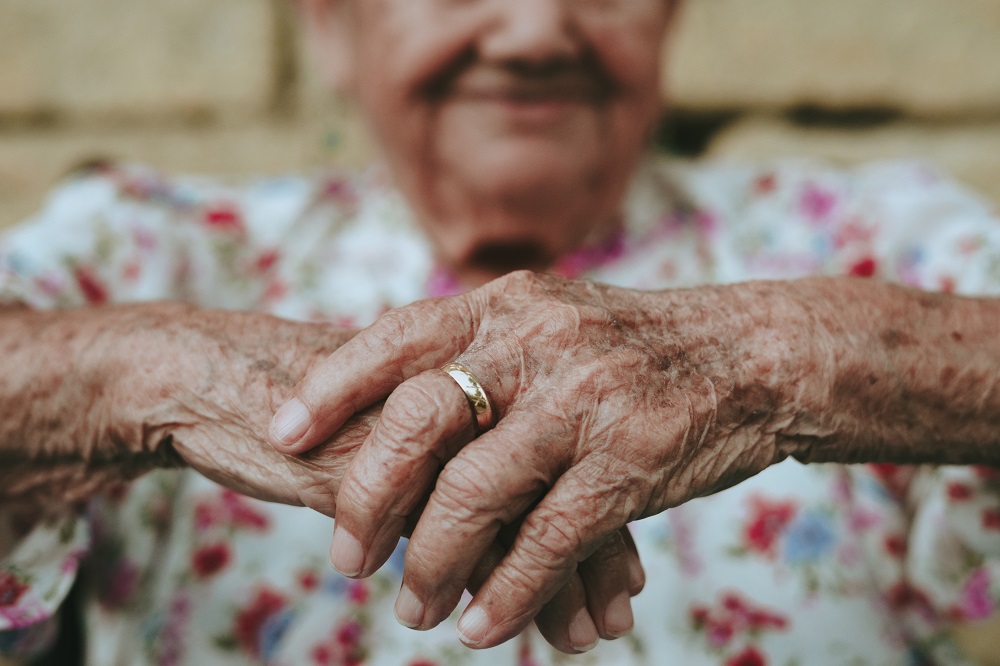In this blog, Dr Luca Andriani, from the Department of Management, provides a summary of the 2022 study entitled ‘Corruption and life satisfaction: evidence from a transition survey’. The study was co-authored by Gaygysyz Ashyrov from Estonian Business School, in Tallinn, Estonia, and appeared in appeared in Kyklos, International Review for Social Science.

Happiness is not only a state of individual achievement, but also a resource for a collective to become a better society. This is because happiness can drive individuals to be more committed towards their surrounding environment. Hence, a key question in our study was the following:
Can happiness help fight corruption?
Corruption is bad for economies and societies, as it causes socio-economic distortions by reducing funds devoted for public goods, like safety, social services, and infrastructure. Good policies and regulations are essential to prevent people’s engagement in bribery. However, similar policies and reforms function in some countries better than in others. Fighting corruption, therefore, cannot lie exclusively upon appropriate policies and regulations. It also requires social support and public engagement.
Our results clearly suggest that:
- Individuals more satisfied with their life conditions and financial situations are more likely to report a corrupt exchange if witnessed
- They are also more likely to believe that other people’s actions against corruption can make a difference
Former Soviet Bloc and “Happiness Gap”: anti-corruption reforms are not enough
The context of our study focuses on the countries of the former Soviet Bloc. Despite numerous anti-corruption reforms introduced since the end of the Cold War to facilitate the institutional transition towards more market-oriented economies, corruption and bribery are still highly prevalent. Additionally, Central and Eastern European countries suffer from the so called “Happiness Gap”. This refers to Central and Eastern European citizens being less satisfied with their life than their Western neighbours, despite the economic convergence of these countries with the rest of Western Europe in the last two decades.
The “Happiness Gap” is related to citizens’ feelings of uncertainty and frustration caused by the new way of living according to new rules governed by a more liberal market economy and democratic regime. Competing with fellow citizens to get a job, being unemployed, and feeling poorer compared to very close neighbours were emotions and conditions unknown during the communist regime in the Soviet Bloc nations. Under these new circumstances, individuals attribute this condition of unhappiness to public institutions and consider them ultimately responsible for the lack of well-being in the society they govern. We suggest, then, that implementing policies that improve citizens’ life conditions and expectations may have a positive impact on other aspects of the law and order of society.
Happier citizens with better access to socio-economic resources may be more loyal to their public authority and more compliant with rules put in place to govern that society.
Beyond our specific context of analysis, our study also presents a warning for Western Europe and other “high-income” economies. The increase in inequality and, hence, a subsequent decline of individuals’ life satisfaction, might drive citizens to become less compliant with rules, and more tolerant towards anti-social behaviour. In this respect, happiness has monetary value. Anti-social and illegal behaviours represent increasing monetary costs for society.
A better understanding of the factors able to prevent, and reduce these behaviours, will help estimate these costs. Using indicators of happiness and life satisfaction to estimate anti-social behavioural patterns will allow valuation of the overall monetary benefit that can come from improving life conditions. This will help policymakers conduct more effective cost-benefit analyses of non-market service policies like those aiming to increase citizens’ life conditions. Even though corruption will still likely persist, it will be less tolerated – which is a key condition for fighting corruption.
More information:


 Last year I joined a group of academics and psychotherapists who met at the University of Exeter to think about ways in which ancient Stoic philosophy might help people today (
Last year I joined a group of academics and psychotherapists who met at the University of Exeter to think about ways in which ancient Stoic philosophy might help people today (